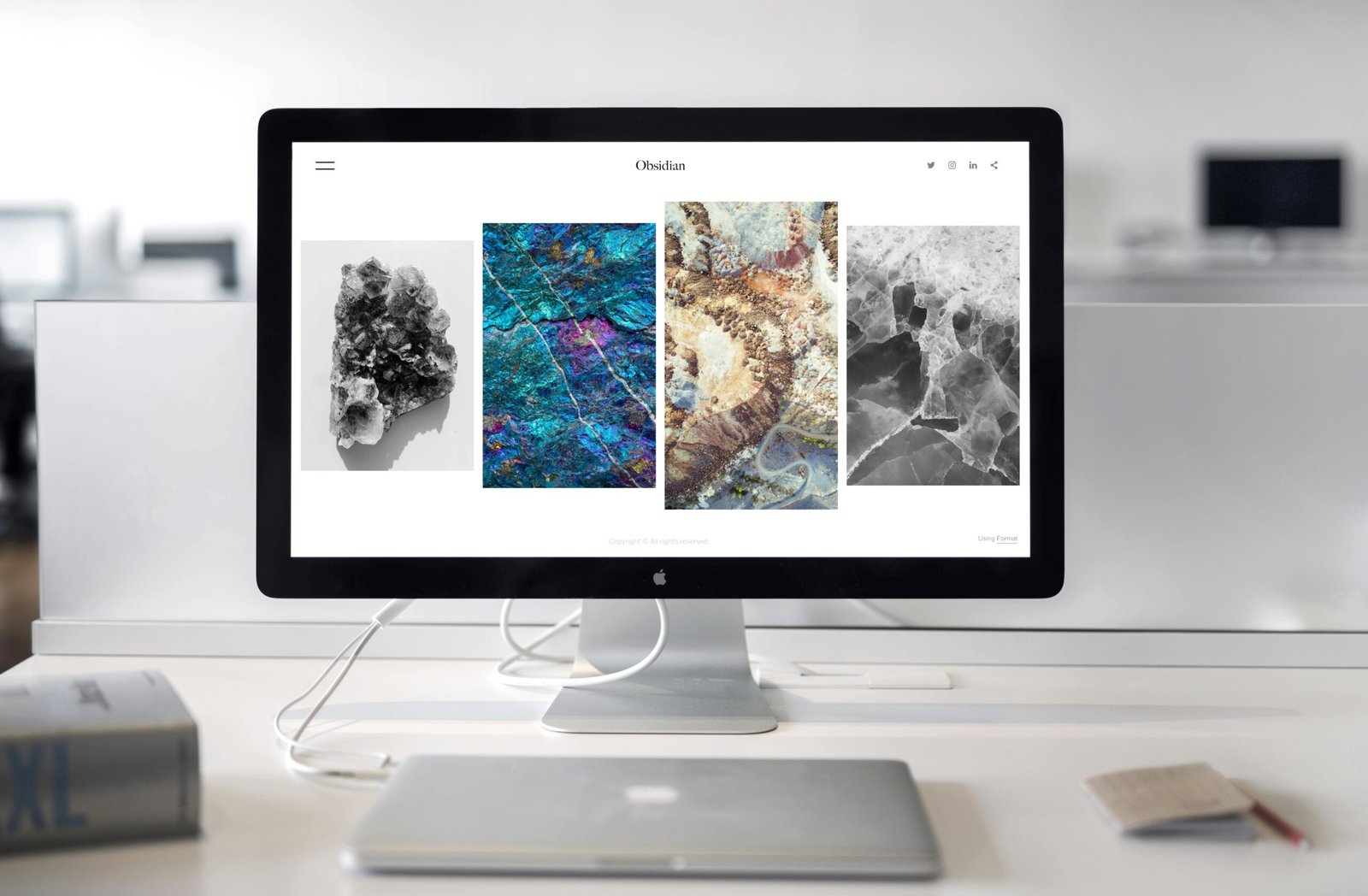In the modern business world, choosing the right technology isn’t just about specs—it’s about efficiency, long-term value, compatibility, and even company image. Two of the most dominant ecosystems in the market are Microsoft Windows (PC) and macOS (Apple Mac). But which one suits your business best?
Let’s break down the strengths, weaknesses, and ideal use cases of each platform so you can make the right choice for your company.
The Case for Microsoft (PC)
Windows-based PCs have long been the backbone of the global business world. Their popularity stems from several practical advantages:
✅ Pros:
- Widespread compatibility: Most corporate software—from accounting systems to enterprise resource planning (ERP)—is optimized for Windows.
- Customizability and scalability: You can build or upgrade PCs to match your company’s exact needs.
- Affordable pricing: Wide range of devices and price points available.
- Easier integration with legacy systems and servers.
- Gaming & high-end simulations: Windows dominates in GPU-heavy industries like gaming and 3D simulations.
❌ Cons:
- More vulnerable to malware if not properly secured.
- Design and hardware variety can be overwhelming, with inconsistent build quality.
- Longer setup and maintenance time compared to Mac.
Best for:
- Finance, engineering, manufacturing, logistics, government sectors
- Companies that rely heavily on Excel, Access, Outlook (on-premise Exchange), or custom enterprise software

The Case for macOS (Mac)
Apple’s macOS offers a refined, secure, and design-conscious environment—something highly valued in creative and modern startup circles.
✅ Pros:
- Superior design and build quality: Macs are known for durability and elegance.
- Strong ecosystem integration: Perfect for those using iPhone, iPad, or Apple Watch alongside their work device.
- High-end software for creatives: macOS is optimized for video editing, graphic design, music production (e.g., Final Cut Pro, Logic Pro, Adobe Suite).
- Security and stability: Less prone to viruses and system crashes.
- High resale value: MacBooks retain their market value far better than most Windows laptops.
❌ Cons:
- Higher upfront cost.
- Less compatibility with some specialized business software.
- Limited hardware upgradeability.
Best for:
- Marketing agencies, design studios, architecture firms, content creators, startups
- Businesses focused on branding, UX/UI, creative services, or client-facing roles that value aesthetics

Value Retention and Long-Term Cost
While Windows machines are often cheaper, they typically lose value faster and may require more frequent replacements or upgrades.
On the other hand, MacBooks and iMacs, though expensive, offer excellent longevity, better resale prices, and a smoother user experience for years—reducing long-term tech headaches.
That said, TCO (Total Cost of Ownership) can even out over time depending on how intensively the device is used and whether frequent upgrades are needed.
The Hybrid Approach
Some companies are embracing a hybrid tech stack: Windows for operations and finance teams, macOS for creative and client-facing roles. This allows flexibility, maximizes strengths, and supports collaboration across diverse departments.

Don’t Forget Your Digital Front
Whichever system you choose, what truly matters is how your company performs—and how it presents itself. Your technology tools support internal workflows, but your online presence defines how the world sees you.
If you’re a European entrepreneur looking to build a digital brand that matches your ambition, visit Rakuzan.eu for custom-designed websites tailored to your industry.
And if you need reliable hosting or a domain, check out Hostinger—an excellent solution with exclusive benefits through our partnership.
Disclaimer: This article is for informational purposes only and does not constitute financial, tax, or investment advice. Readers should consult with a licensed professional before making any financial or business decisions.





